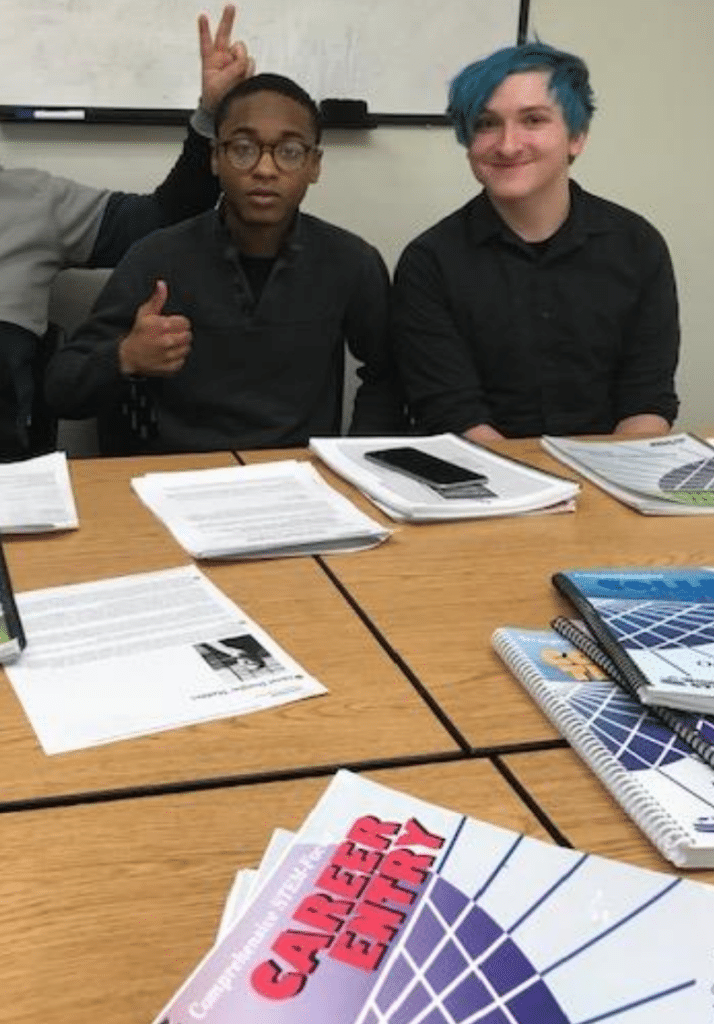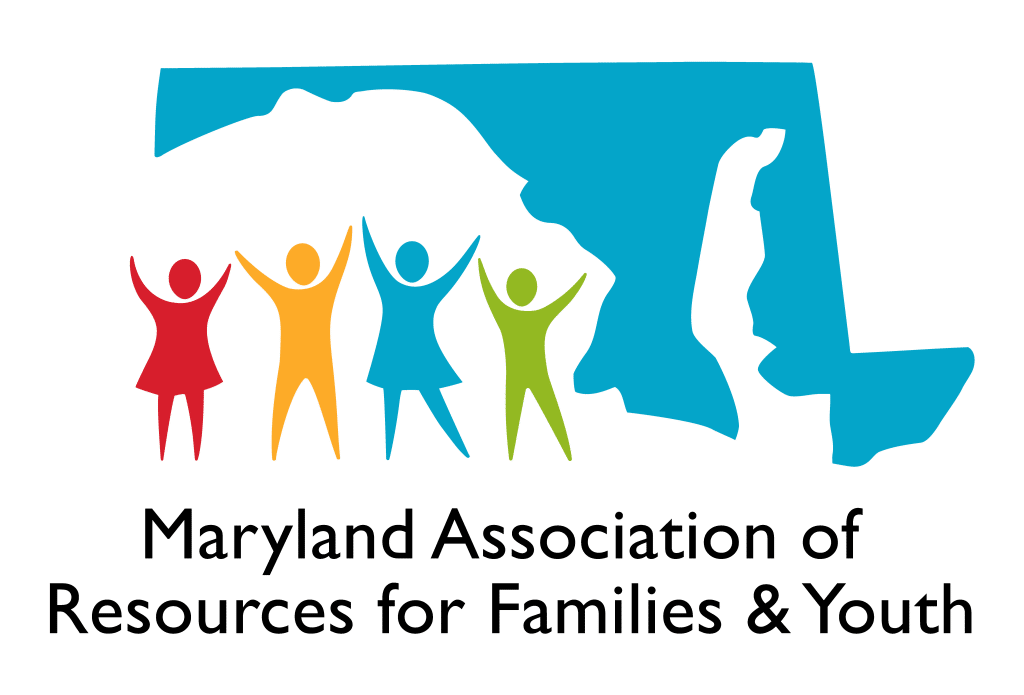Unforgettable Power Messaging
What do you do better than anyone else in your community?
I don’t want to know what programs you offer or your mission statement. I want to know what you actually do that is so consistent and effective that the community would feel your loss if you disappeared.
You would be surprised how hard it is for leaders to answer this without hesitation. Many begin to speak and then quickly pull back, worried it might sound arrogant, competitive, or self-promotional. Sometimes they soften their voice, hedge, or apologize before they even begin. At other times, the response follows with so many words and explanations that it becomes indistinguishable.
Nonprofit culture often asks leaders to be humble. Many grew up in organizations where credit is shared, work is collective, and acknowledging your strengths feels like boasting. However, if your message is stuck in your throat and keeps you from being clear, it becomes a liability. Now is not the time to be the best kept secret in the social sector.
The truth is simple: if your staff, donors, and community cannot easily articulate what you do best, then you’re harder to support, fund, and champion. Research backs this up. Yale studies on donor behavior show that people give more generously when they understand exactly what an organization does and why it matters. Stanford’s research on digital donors demonstrates that small improvements in how nonprofits describe their work can dramatically increase engagement. Even the annual Giving USA reports emphasize that donor trust rises when organizations communicate with specificity and confidence. When people understand you, they believe in you—and when they believe in you, they stay.
So why do so many nonprofits struggle to speak with clarity?
Part of it is fear. Part of it is habit. But a large part is that leaders are too close to the work. They see every flaw, every gap, every missed opportunity. They know all the messy parts behind the scenes. And because of that, they hesitate to claim anything as a true strength.
If this sounds familiar, here’s the shift: You’re not declaring perfection. You’re naming the place where your organization’s presence, approach, or expertise makes an unmistakable difference. It’s not boasting. It’s telling the truth so that the right people can support you.
A good place to start is with your community. Ask them how they describe you when you’re not in the room. Listen for the patterns. Often, they won’t use the jargon you use internally; instead, they’ll be specific and surprisingly clear. They’ll say things like, “You’re the only ones who show up after business hours,” or “You’re the people who don’t make us feel ashamed,” or “You’re the group we call before things get bad.”
These statements are not marketing copy; they’re insight. Statements like the above reveal what makes you indispensable.
Once you hear the patterns, your job is to distill them into a single, simple statement—a statement that captures your role, your people, and the result your work produces. A statement your board can repeat on a plane, your donors can share at dinner, and your staff can use when someone asks, “So what exactly do you do?”
And here’s the surprising part: when you find the right words, you don’t sound arrogant. You sound grounded. You sound confident. You sound like a leader who knows the truth of your organization’s value and isn’t afraid to say it in service of the mission.
When you repeat this statement consistently—on your website, in your emails, in your appeals, in your conversations—something shifts internally as well. It becomes easier to make decisions. Easier to say no and stay aligned. Easier to fundraise with integrity. The statement becomes a compass.
And once your staff and supporters begin using it, your community becomes your amplifier. People will begin to speak about you in sharper, more accurate ways. That consistency builds recognition. Recognition builds trust. And trust builds financial stability.
So let me return to the original question, this time without letting you off the hook:
What does your organization do better than anyone else in your community?
What do people rely on you for that they can’t get anywhere else?
And what would change if you finally said it out loud—clearly and confidently?
When you speak with precision, you give your staff direction.
You give your donors certainty.
You give your community a reason to believe.





